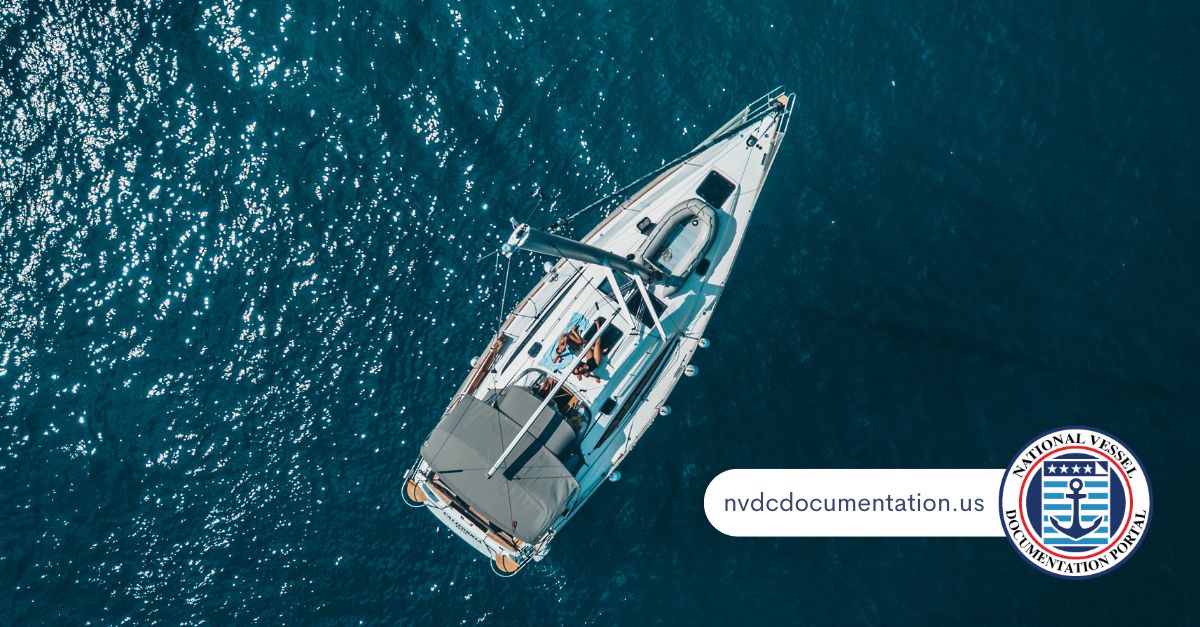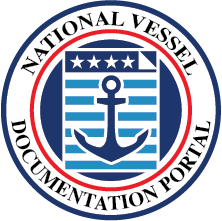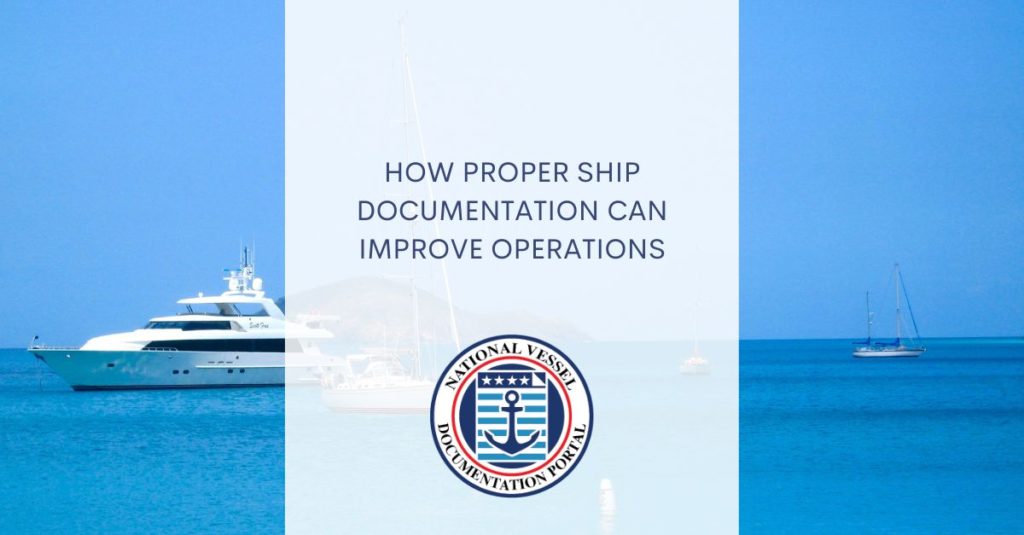Boat documentation serves as the foundational framework that underpins the maritime industry. A critical component in vessel management, it involves the registration, certification, and record-keeping of ships. Whether you are a shipowner, operator, or involved in maritime commerce, proper vessel documentation is an indispensable tool for optimizing operations. In this article, National Vessel Documentation Portal, a private agency specializing in USCG Documentation processing, delves into the ways in which meticulous ship documentation can significantly enhance maritime operations.
Compliance and Regulatory Advantages
One of the primary benefits of maintaining comprehensive vessel documentation is ensuring compliance with national and international maritime regulations. The United States Coast Guard (USCG) and other regulatory bodies require ships to adhere to specific safety, security, and environmental standards. By meticulously recording and maintaining documentation, vessel owners and operators can demonstrate their commitment to these regulations. This not only avoids legal complications but also fosters a safer and more sustainable maritime industry.
Efficiency in Port Operations
Efficient boat documentation can lead to smoother port operations. When ships arrive at ports, authorities, including customs and port security, need access to essential information about the vessel. Having ship documentation readily available expedites these processes, reducing waiting times and ensuring quick and hassle-free port clearance. This streamlined approach benefits both shipowners and port operators by minimizing downtime and ensuring optimal vessel utilization.
Safety and Risk Mitigation
Proper vessel documentation plays a vital role in enhancing safety and mitigating risks at sea. Vessel logs, maintenance records, and inspection certificates are invaluable in identifying potential safety concerns and addressing them proactively. A well-documented ship ensures that maintenance schedules are adhered to, reducing the risk of mechanical failures that could jeopardize the safety of the crew, cargo, and the environment.
Crew and Passenger Welfare
Documentation isn’t limited to the vessel itself. It also encompasses records related to crew qualifications, training, and health. Ensuring that crew members have the requisite certifications and medical clearances is crucial for their well-being and the safety of passengers. Ship documentation helps vessel operators track and manage these essential aspects efficiently, fostering a safe and secure maritime environment.
Insurance and Liability Management
In the event of accidents or incidents at sea, documentation becomes critical in managing liability and insurance claims. Well-documented records provide transparency regarding the condition and history of the vessel, allowing insurance providers to assess risks accurately. Shipowners with comprehensive documentation are better positioned to negotiate favorable insurance terms and handle claims more effectively.
Environmental Responsibility
In an era of growing environmental awareness, vessel documentation is instrumental in demonstrating a commitment to sustainability. Compliance with international conventions such as the International Maritime Organization’s (IMO) MARPOL regulations requires careful documentation of emissions, waste disposal, and fuel consumption. By maintaining accurate boat documentation in these areas, vessel operators can reduce their environmental footprint and meet sustainability goals.
Asset Valuation and Financing
Ship documentation is essential for determining the value of a vessel and securing financing. Lenders and investors require comprehensive records to assess the condition and operational history of a ship. A well-documented vessel is more likely to secure favorable financing terms, making it an attractive proposition for investors and potential buyers.
Record Keeping and Historical Data
Documentation also serves as a valuable resource for historical data and trend analysis. By maintaining detailed records over time, shipowners can identify patterns and trends in the performance, maintenance, and operation of their vessels. This data-driven approach allows for more informed decision-making, better resource allocation, and optimization of operational strategies.

In the complex and ever-evolving world of maritime operations,vessel documentation stands as a cornerstone for success. By embracing the importance of documentation and working with expert agencies like National Vessel Documentation Portal, shipowners and operators can streamline operations, enhance safety, and bolster their standing in the industry. From compliance and safety to efficiency and asset valuation, meticulous vessel documentation is the key to unlocking a brighter future for the maritime sector. Embrace the power of ship documentation and chart a course toward more successful and responsible maritime operations.

